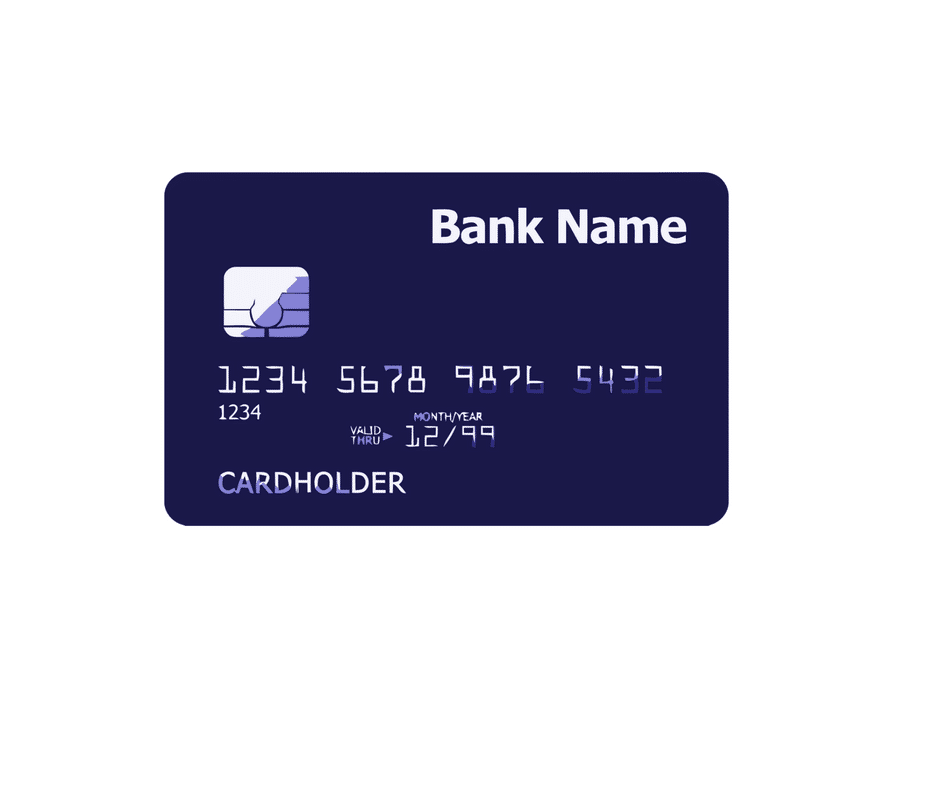Cyber Security
Placing a credit freeze with all 3 credit reporting agencies (Equifax, Experian and Transunion) can prevent identity theft.
Be aware it may not prevent all thefts, as thieves are learning new techniques.
Emerging threat: Your current credit freeze won’t stop this growing fraud
Have you frozen your credit? There may be one more thing you need to do. The Identity Fraud Institute has received multiple reports of people having fraudulent cell phone accounts opened in their names even after freezing their credit at Equifax, Experian, and TransUnion. How? The director of the Identity Fraud Institute, Carrie Kerskie discovered that mobile phone companies were not using any of the big three credit bureaus when new account applications came in. Instead, they checked applicant’s credit using the National Consumer Telecommunications and Utilities Exchange (NCTUE).
The NCTUE was founded by AT&T and maintains payment and account information reported by telecommunications companies. You can check your records at the NCTUE by calling (866) 349-5185. You can also freeze your file by calling this number or you can do it online. Security expert Brian Krebs, however, attempted to place the freeze online with no success.
Complications of a credit freeze
You may also find you need to access your credit for other reasons besides applying for loans. If you have frozen your credit reports, you probably know that you must temporarily lift the freeze while you shop for credit. But lenders aren’t the only ones that rely on credit-report data. When you apply for a checking or savings account, the bank may use your credit report to verify your identity. Auto and home insurers may want a look at your record, too.
Services that generate a credit score may not function if your reports are frozen. If you must lift your freeze, ask the institution which credit agency’s report it checks. You may get away with removing the freeze at only one of the major agencies rather than all three. Or you may also provide a onetime access code to a credit agency for a company with whom you are doing business.
New scams targeting seniors are on the rise!
The first scam mimics local phone numbers and calls unsuspecting seniors pretending to be from the county clerk office. They tell the victim that they missed jury duty or that they were involved in a court case and are being fined. In the second scam, a call comes in pretending to be from the local police in regards to unpaid parking tickets. Again, they ask for payment now. Read this story for some more information on how you can help protect the seniors in your life from these scams.
Do you have an online account with the Social Security Administration? It could protect your personal information.
The Social Security Administration no longer mails statements to those 60 and younger but encourages everyone to create an account online to check your earnings and estimated benefits. However, 86% of people ages 50–59 have not made an account online, according to MassMutual. Not setting up an account yourself leaves you vulnerable, because someone else could set up an account in your name and even try to claim your benefits. You can set up your online account here.
Similar Blog Posts:
“Wormable” Microsoft flaw: What you need to do


